 alt="Dali Erhai Lake Ecological Corridor from Xiaguan to Taoyuan"
/>
alt="Dali Erhai Lake Ecological Corridor from Xiaguan to Taoyuan"
/>
Hui Ethnic Minority
Hui is an ethnic minority with a large population in China, which is widely distributed in 31 provinces, autonomous regions and municipalities directly under the central government. Hui ethnic minority is one of the most widely distributed ethnic groups in China. Among the 56 ethnic groups, the population distribution dispersion of the Hui ethnic group according to the province, region and city is only second to the han nationality and the Gaoshan ethnic group, ranking the third. In terms of politics, economy and culture, many outstanding figures emerged in the history of Hui, and made positive contributions on people’s life and production construction at that time.
Distribution
The Hui population is distributed in most of China’s counties and cities, especially Ningxia Hui autonomous region, Gansu, Qinghai, Henan, Hebei, Shandong, Yunnan and Xinjiang Uygur autonomous region. Hui people in Yunnan are mainly distributed in Kunming, Dali Bai autonomous prefecture, Qujing city, Chuxiong Yi autonomous prefecture, Honghe prefecture and Yuxi city.
Contribution to Chinese Civilization
Hui is an hard-working ethnic group. However, their development and progress were facilitated by the adoption of the Chinese language and living with the Han people. Since the Yuan and Ming dynasties, a large number of Hui farmers joined the ranks of the Han and other ethnic groups to reclaim, cultivate and graze in inland and border areas. Hui craftsmen are famous for making incense, pharmacy, leather making, mining and smelting. Hui merchants played an active role in the economic exchanges between the interior and the border areas, and the trade exchanges between China and Asian countries. Hui scholars and scientists have made outstanding contributions to the introduction and dissemination of western Asia’s achievements in astronomy, calendar, medicine and other academic and cultural development. All these are conducive to improving the well-being and productive activities of all Chinese people. In Chinese history, there are quite a few outstanding Huis representing their people in the political, economic and cultural fields. During the Ming dynasty, Hui navigator Zheng He led a huge fleet of ships that visited more than 30 countries in Asia and Africa seven times in 29 years. This unprecedented feat promoted friendship and economic and cultural exchanges between China and these countries. Zheng He was accompanied by Ma Huan and Ha San, who translated for him. Ma Huan’s real description of Zheng He’s voyages to the west in his book “overseas journey” is of great significance to the study of the history of sino-western exchanges.
Hui Ethnic Towns
Shanggaoqiao Hui, Yi and Miao Ethnic Town Jiuxiang Yi and Hui Ethnic Town Xinjie Hui Ethnic Town Ciyuan Hui Ethnic Town Taoyuan Hui Ethnic Town Buga Hui Ethnic Town Qinggangling Hui and Yi Ethnic Town Xiaolongdong Hui and Yi Ethnic Town Shouwang Hui Ethnic Town Hongdian Hui Ethic Town Dazhuang Hui Ethnic Town
Cultural Heritages of Hui Ethnic Minority
Inheritors
Festivals of Hui Ethnic Minority
Eid al-Fitr Festival in Gejiu Eid al-Adha Festival in Gejiu Eid al-Adha Festival in Qiubei Mawlid Festival in Weishan Eid al-Fitr Festival in Weishan Eid al-Adha Festival in Weishan Hungry Ghost Festival Eid al-Fitr Festival in Yongping Eid al-Fitr Festival in Eryuan Festival of Fast-Breaking or Eid al-fitr Corban (Zaisheng) Festival Mawlid or Mawlid al-Nabi al-Sharif Festival
Keep Reading
Muslim Tours in Yunnan
When it comes to Muslim tour, there must be mosques. And your travel destinations must include places with famous mosques and strong Muslim culture. In Yunnan, there are some places where Hui people gather, such as Zhaotong, Qujing, Kunming, Baoshan, Dali, Chuxiong and the like. There are also some famous mosques, including Shadian Grand Mosque in Gejiu, Nancheng Mosque in Kunming, Donglianhua Mosque in Weishan County, Huize Mosque in Huize County and Najiaying Mosque in Tonghai County, etc. Our Yunnan muslim tours are carefully arranged for travelers to visit the ancient mosque, taste delicious Muslim food and explore the lifestyle there. In the meantime, you will not miss the famous attractions in your itinerary.
The Best Yunnan Muslim Tour Packages
5 Days Kunming Muslim Tour 6 Days Kunming Shadian Muslim Tour with Yuanyang Rice Terraces and Jianshui Old Town 6 Days Kunming and Qujing Muslim Culture Tour 6 Days Kunming and Zhaotong Muslim Culture Tour 7 Days Yunnan Muslim Culture Tour with Shadian Mosque and Yuanyang Rice Terraces 9 Days Yunnan Classic Tour with Muslim Culture Exploration 13 Days Yunnan Muslim Culture Discovery Tour

 7 Days GolfingTour
7 Days GolfingTour
 8 Days Group Tour
8 Days Group Tour
 8 Days Yunnan Tour
8 Days Yunnan Tour
 7 Days Shangri La Hiking
7 Days Shangri La Hiking
 11 Days Yunnan Tour
11 Days Yunnan Tour
 6 Days Yuanyang Terraces
6 Days Yuanyang Terraces
 11 Days Yunnan Tour
11 Days Yunnan Tour
 8 Days South Yunnan
8 Days South Yunnan
 7 Days Tea Tour
7 Days Tea Tour
 8 Days Muslim Tour
8 Days Muslim Tour
 12 Days Self-Driving
12 Days Self-Driving
 4 Days Haba Climbing
4 Days Haba Climbing
 Tiger Leaping Gorge
Tiger Leaping Gorge
 Stone Forest
Stone Forest
 Yunnan-Tibet
Yunnan-Tibet
 Hani Rice Terraces
Hani Rice Terraces
 Kunming
Kunming
 Lijiang
Lijiang
 Shangri-la
Shangri-la
 Dali
Dali
 XishuangBanna
XishuangBanna
 Honghe
Honghe
 Kunming
Kunming
 Lijiang
Lijiang
 Shangri-la
Shangri-la
 Yuanyang Rice Terraces
Yuanyang Rice Terraces
 Nujiang
Nujiang
 XishuangBanna
XishuangBanna
 Spring City Golf
Spring City Golf
 Snow Mountain Golf
Snow Mountain Golf
 Stone Mountain Golf
Stone Mountain Golf
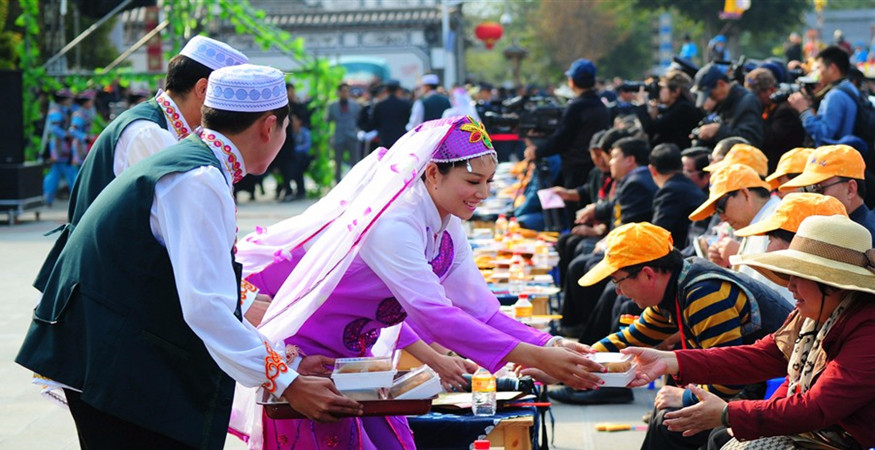
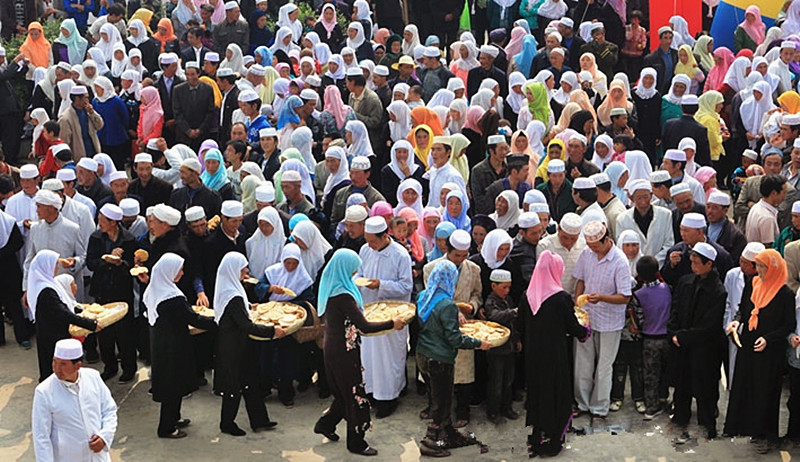

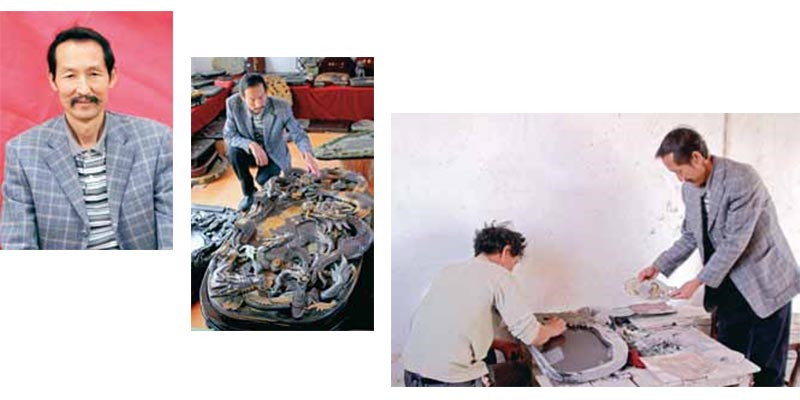
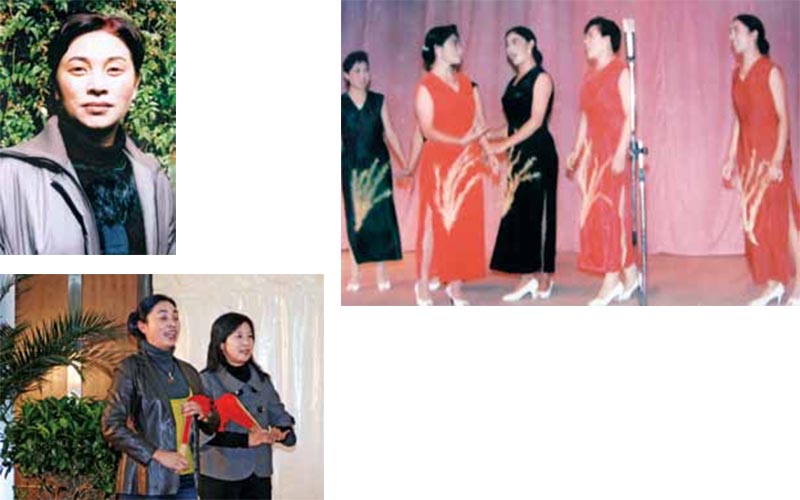


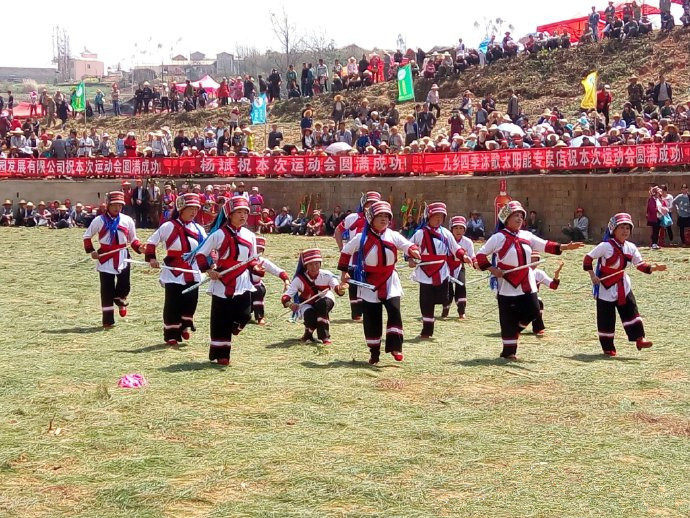

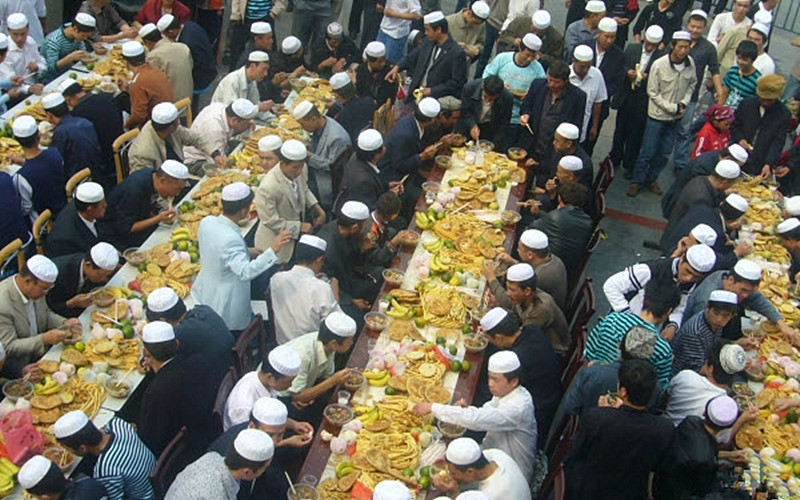


 What Our Customers Say?
What Our Customers Say?
